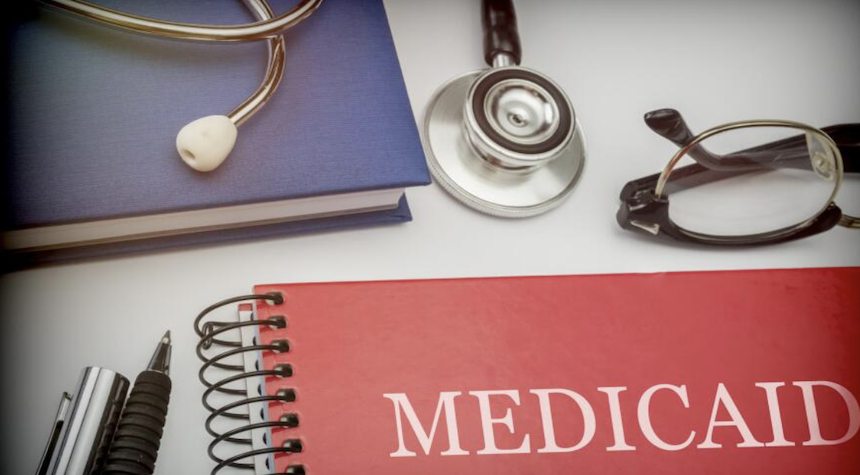Congressional Republicans, in a long-overdue move, are aiming their crosshairs at a Medicaid provider tax loophole that’s been exploited for decades by every state except Alaska. The scheme? A provider tax that enables states to draw in more matching fund payouts from the federal government, effectively making Uncle Sam their piggy bank. And we’re not talking small change here; we’re talking billions.
The current estimations suggest that closing this loophole could save the federal government a staggering $600 billion over the next decade. Just to put that into perspective, that’s a significant portion of the $880 billion in Medicaid cuts that the House committee overseeing the federal healthcare program has been charged with identifying. This isn’t chump change; it’s a heaping chunk of the national budget.
Some Republican-governed states, those that have heavily depended on this medical provider tax maneuver to pad their Medicaid budgets, could be the most impacted. That’s right, the states that should be championing fiscal responsibility may have the most to lose.

The tax strategy operates by imposing provider taxes on hospitals, thereby increasing federal reimbursement rates. For instance, let’s say, hypothetically, that the federal government covers 60% of a Medicaid patient’s costs and the state covers 40%. If the state slightly increases its hospital payment, the federal government is tricked into chipping in more. Even when hospitals are fully reimbursed for the taxed amounts, there’s still a surplus because the new federal contributions more than offset the difference.
With Medicaid burning through about $870 billion annually, the loophole has been a lucrative tactic for states, generating tens or even hundreds of millions of dollars. This scheme, which started in 1989 when New Hampshire was among the first states to adopt it, has since snowballed into a widespread practice that now funnels more than a third of the overall federal funding to some states.
In conclusion, this Medicaid provider tax loophole isn’t just a financial sleight of hand; it’s a gaping hole in our national budget that’s been left unchecked for far too long. It’s high time we put an end to this costly game.

